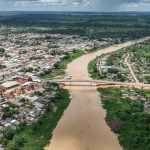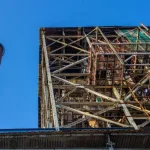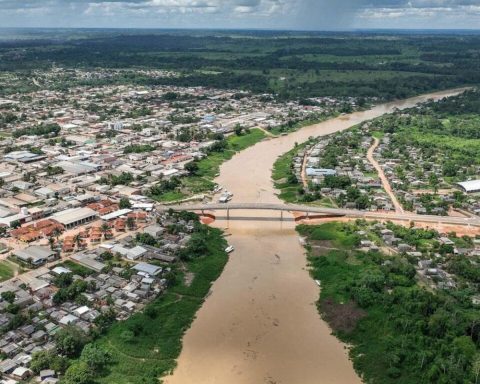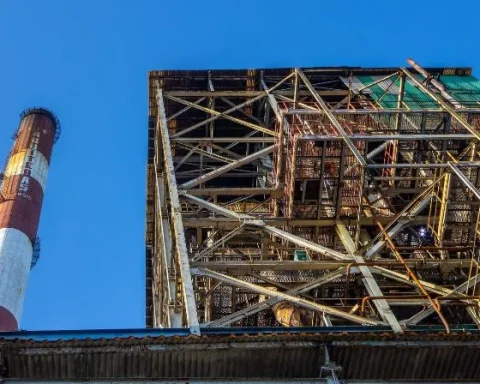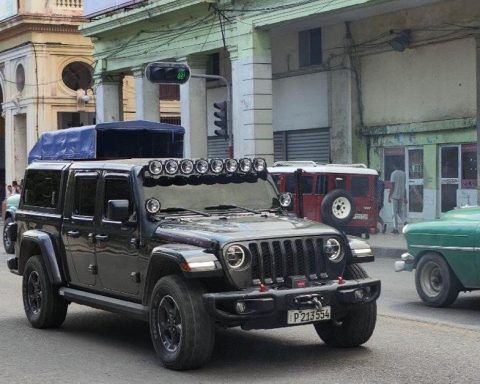July 30, 2024, 9:07 PM
July 30, 2024, 9:07 PM
The president of the state-owned Bolivian Fiscal Oilfields (YPFB) Armin Dorgathen admitted an overdemand for gasoline in the country that arose as an indirect consequence of Diesel supply problems and announcement of social mobilizationsHowever, the head of the oil company assured that this does not reflect a real shortage of this product.
Since last week, fuel supplies have been irregular in the country, especially diesel, a product in high demand by heavy transport, passengers and agricultural producers. But since Friday, gasoline supplies have also started to have problems.
In fact, at several service stations, columns of private vehicles and motorcycles in search of gasoline joined the long lines of interdepartmental transport trucks and buses.
However, the head of YPFB assured that there is only a problem with the supply of diesel and not gasoline.
In this context, Dorgathen explained that the supply of gasoline has been more than sufficient. However, public concern about the shortage of diesel has led many to queue up at service stations to fill their gas tanks, creating unnecessary over-demand and generating an extra 115% dispatch.
“Yes, we have a problem with the supply of diesel; we are supplying a little more than 70% of the market. That remaining 30% is causing us some queues, which we are seeing. However, We have no problem with gasoline.so we ask the population please not to go and stand in lines, because it is generating an excess demand,” he said.
During the conference, Dorgathen was emphatic in asking the population to avoid unnecessary queues for gasoline. “There are no problems with the supply of gasoline”he said, urging citizens not to panic. The over-demand, he said, only contributes to confusion and makes distribution logistics difficult.
Regarding diesel, he indicated that 72% of the market is being supplied, which means there is a deficit of 28%This problem has caused some queues at service stations, but measures are being taken to improve the situation.
Dorgathen mentioned that joint efforts are being made with the Ministry of Public Works and other agencies to ensure that diesel reaches the service stations. He also stressed the need to avoid blockades that only worsen the situation.
“A blockade does not solve anything, On the contrary, it prevents fuel from reaching where it is needed,” he said.
As for the future, Dorgathen assured that two to three fuel ships per month have been contracted for the Port of Arica, and that Fuel will continue to enter through other points such as Peru, other ports in Chile, Paraguay and Argentina. With these measures, the supply of diesel is expected to normalise in the coming days.
In conclusion, Dorgathen reiterated his call for calm and civic responsibility. He insisted that “There is no reason to be alarmed about gasoline” and that we must trust in the actions the government is taking to resolve diesel supply problems.
However, fuel supply problems persisted throughout the country until last night.






